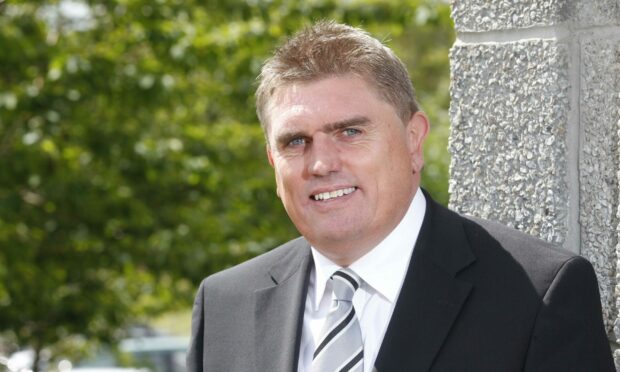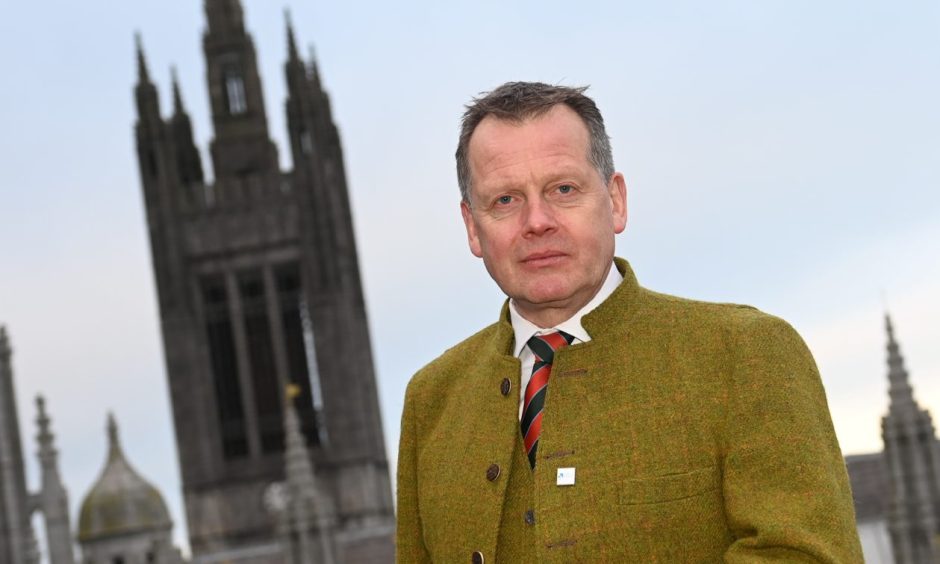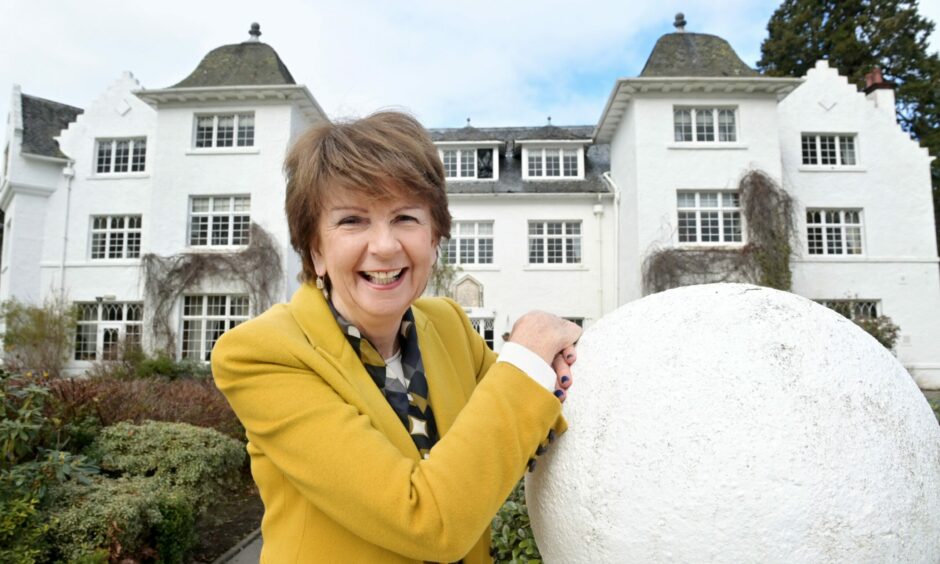A Granite City hospitality chief says businesses will close after Chancellor Rachel Reeves’ Budget delivered a further “hammer blow” to the industry.
Allan Henderson of The McGinty’s Group says the sector now faces a double whammy from rising National Insurance contributions (NICs) and a jump in the minimum wage.
He says this is devastating for the sector, which is still in recovery mode after Covid.
“It’s an absolute nonsense to say you are chasing growth and then hammer the businesses that create the growth,” he added.
“This will close businesses. It’s disastrous news for the hospitality industry.
“It comes on the back of Covid, increased bank rates and energy costs, and minimum wage has gone up by 40% from 2020 and 2025.”
From April, there will be a rise in employers’ national insurance contributions to 15%, with the threshold dropping from £9,100 per year to £5,000.
Meanwhile, the National Living Wage will increase from £11.44 to £12.21.
Mr Henderson, who is helping develop the £50 million Aberdeen Market, says prices will have to go up to help absorb these extra costs.
“But we can’t pass it all onto the customer,” he said. “We will probably have to look at reducing staff and we will have to look at our opening hours and can we afford to be open all these hours?
“I think it’s just a massive blow, especially to businesses that are labour intensive and that’s what the hospitality industry is, because people expect good service when they come to our places.”
Taxes to cost £1m a year
The owner of three Highlands hotels said the cost to his business of the tax increases will be more than £1 million a year.
Stephen Leckie is chief executive of the Crieff Hydro Family of Hotels, which includes Ballachulish Hotel and The Isles of Glencoe Hotel, both near Fort William, and Kingshouse Hotel in Glencoe. In total the group employs around 850 staff.
He said the rise in the minimum wage alone could cost his business around £750,000 a year. The cost of the National Insurance increases will be in excess of £450,000 .
He said: “I certainly don’t argue against the concept of minimum wage. We want to look after our people.
“However, putting the living wage up by 6.7% when inflation is 2%, it makes it difficult.
“We’re determined to keep investing in our business to make it better but these changes mean we will have to go to the bank and ask to borrow more in the hope that Scotland and the industry has a brighter future financial.”
He added that raising prices to cope with the tax changes, wasn’t an option for all businesses. Mr Leckie said there was a limit people would pay.
He also called for the Scottish Government to follow the UK Government’s 40% business rates relief for eligible retail, hospitality and leisure businesses, up to a cap of £110,000.
‘It’s unfair’
The boss of historic Highland manor house Achnagairn Estate in Kirkhill, Marina Huggett, voiced concerns about how the new measures are expected to help businesses grow.
She said: “There’s a whole raft of additional costs we are going to be saddled with in April as employers .
“This government have said they are going to grow a dynamic economy but so far they have just put on additional costs.
“The estimate is that it’ll add about 10% to operational costs of the business.
“We are already squeezed and the whole hospitality industry has been squeezed through this budget. It’s just unfair.”
She noted other upcoming pressures including the tourism visitor levy coming in 2026.
“Are we going to be competitive? Are they trying to squeeze the life out of hospitality?
“It’s a lifeblood. It’s our biggest industry and in the Highlands our whole economy is dependent on small businesses.”



Conversation